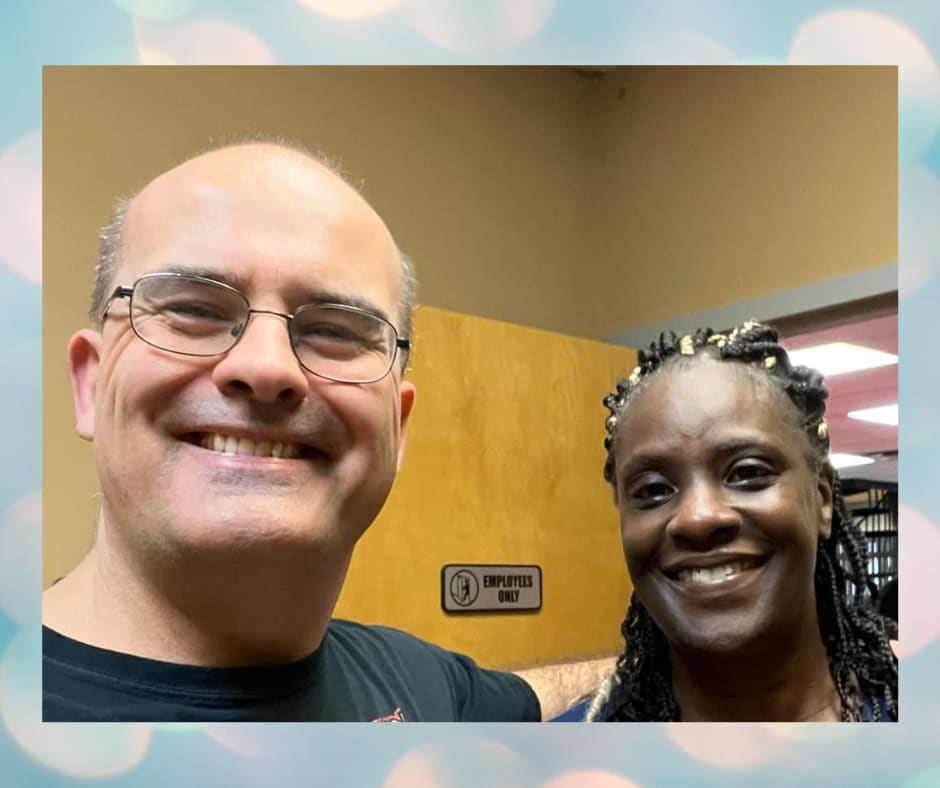
Have you ever eaten a delicious meal and wanted to go back for more, even when you’re full?
Maybe you were taught that food should not go to waste or second helpings were common in your family. The reasons can even be related to sights, sounds, smells, situations, locations or emotions. These triggers can make you want to eat, even when you’re not hungry.
I have always firmly believed that losing weight and maintaining weight is not black and white, with the age old “eat less, exercise more” solution. While this of course does contribute to weight loss, there are so many other factors in between the space from the starting line to the finish line.
For me, understanding the “why” with situations helps me stop and recognize what I’m doing, resulting in making better choices. For example, when my kids were little, I used to work very late into the night until 2pm or so. I did this because while everyone was sleeping, I could get my work done without any interruptions. And I admit, it was my time, with no questions being asked, fights to referee, chores to be done….you get it. The house was quiet.
What I found is that I kept wanting to snack during these hours. And it finally dawned on me why. My body was looking for energy. If it couldn’t sleep to restore the energy it was looking to get it from somewhere else.
Another thing that works against us is that we have inborn survival mechanisms to want to eat and store food for a rainy day, when a consistent source of food disappears. However, we all know living in our country, this day will likely never come.
When we restrict caloric intake, it goes against your body’s natural instincts. Dieting with calorie restriction is not natural and only a small percentage of people who succeed have lasting results.
What we should be doing is taking a pause after eating and asking “am I really hungry or is there some other reason I want more food.” Could you be tired and your body craves energy? Could you be thirsty and mistaking it for hunger? Upset or stressed by a situation and want a pleasant distraction? Happy and want to celebrate? Maybe sad and want to comfort yourself?
There are a myriad of reasons this can be happening. Despite all of these inherent reasons for why we do what we do, there are strategies for overcoming eating when we aren’t hungry.
- Pause and give yourself a check. Are you really hungry? Or could it be something else? What environment are you in that is triggering you to want to eat more than you should?
- Eat twice as often, half as much and chew twice as long. Spreading out eating into smaller meals throughout the day keeps the highs and lows in check with hunger and satiety (feel satisfied). And helps keep your blood sugar levels normalized.
- Making sure you are taking a multivitamin/mineral supplement can help you fill in the gaps with what is missing from your diet nutritionally. Studies have shown that we cannot get all the nutrients we need from food alone. Deficiencies can cause cravings.
- Keep consistent with exercise both at the studio and home. If you can’t make it in for your normal workout day, do something at home, even if it’s for 5 minutes. In order to lose 1lb of weight per week, you need to burn or cut at least 500 calories more than what you consume per day. You are more likely to stick with burning an extra 500 calories per day with exercise than to eat 500 fewer calories.
- Which leads to my next point: the feeling of fullness that keeps us satisfied is virtually non-existent if you cut calories with food. Your body worked hard to gather and store those calories for that “rainy day” and you will be fighting a losing battle with built in survival mechanisms.
- Consume foods that are high in fiber and low in calories to keep you satisfied longer. Salads with broccoli and other veggies eaten before a meal will help fill you up.
- Drink plenty of water. You should be drinking ½ an ounce to 1 ounce of your body weight per day. If you weigh 150 lbs, you should be drinking 75 – 150 ounces of water per day.
- Get plenty of sleep. Most adults need 7-9 hours per day.
- Get rid of temping food in the house or put it in hard to reach locations. Out of sight, out of mind.
- Keep an emergency sweet tooth item in the house that does not have sugar. We love Lily’s chocolate bars because they are sugar free and a quick hit if you really need it. Also, knowing something is there as a backup is comforting. You will feel less anxious if a strong craving comes on.
- If you are struggling in between meals, try a whey meal replacement shake. It will taste great and the protein content will keep you satisfied until your next meal.
- If you really, really want something, have half a portion of what you would normally eat. This is better than eating all other kinds of food in excess to make up for what you really want.
The trick with all of this is to understand you are not undisciplined or lack willpower. You just need to understand and manage the survival mechanisms built into each of us that may no longer apply to our modern world.


